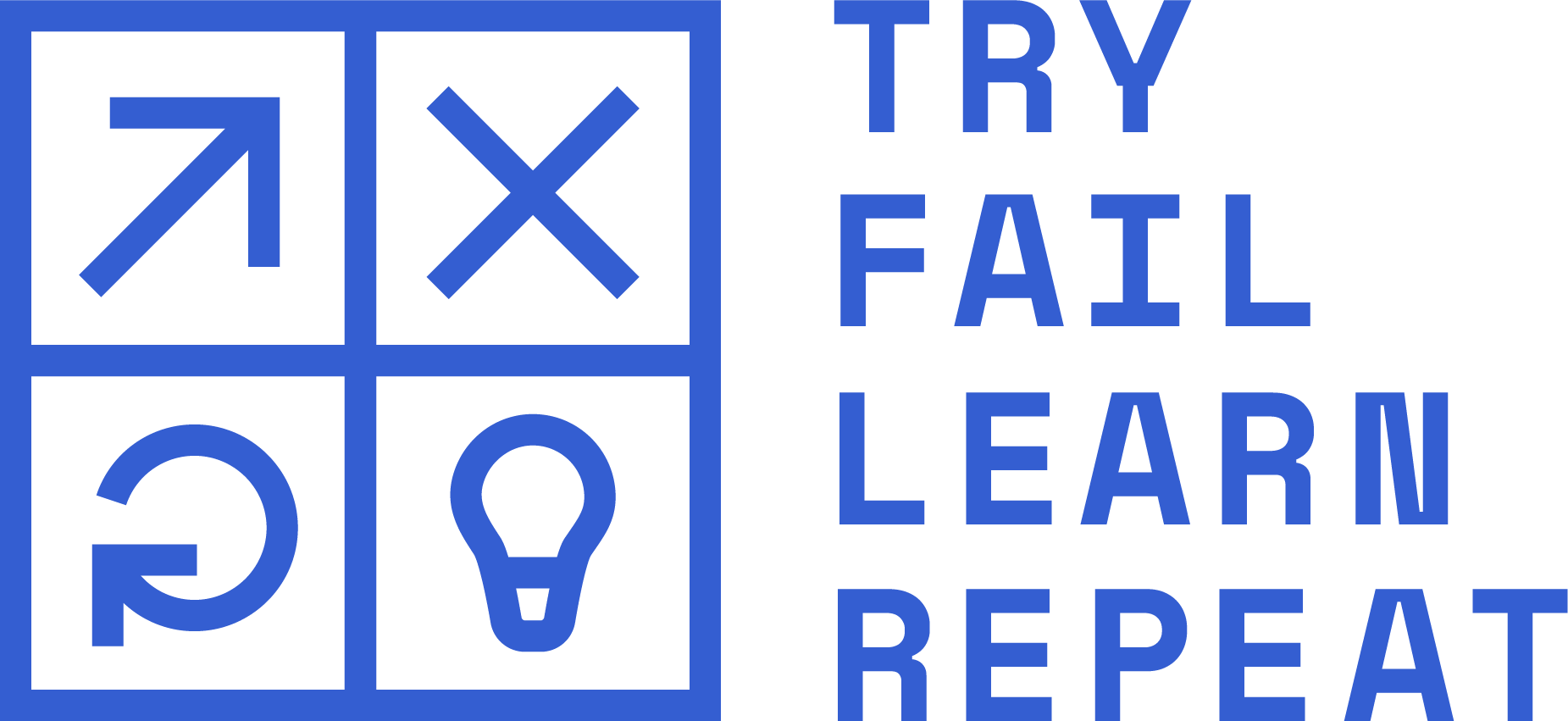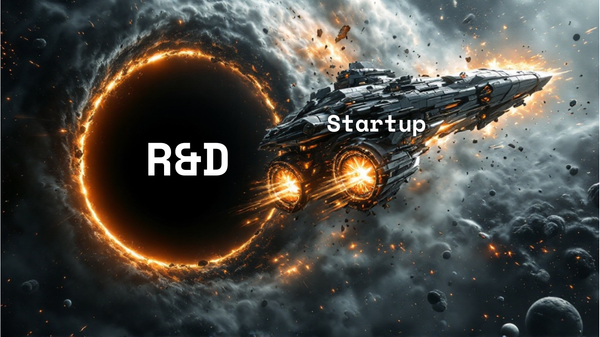Which books I definitely want to read in 2019
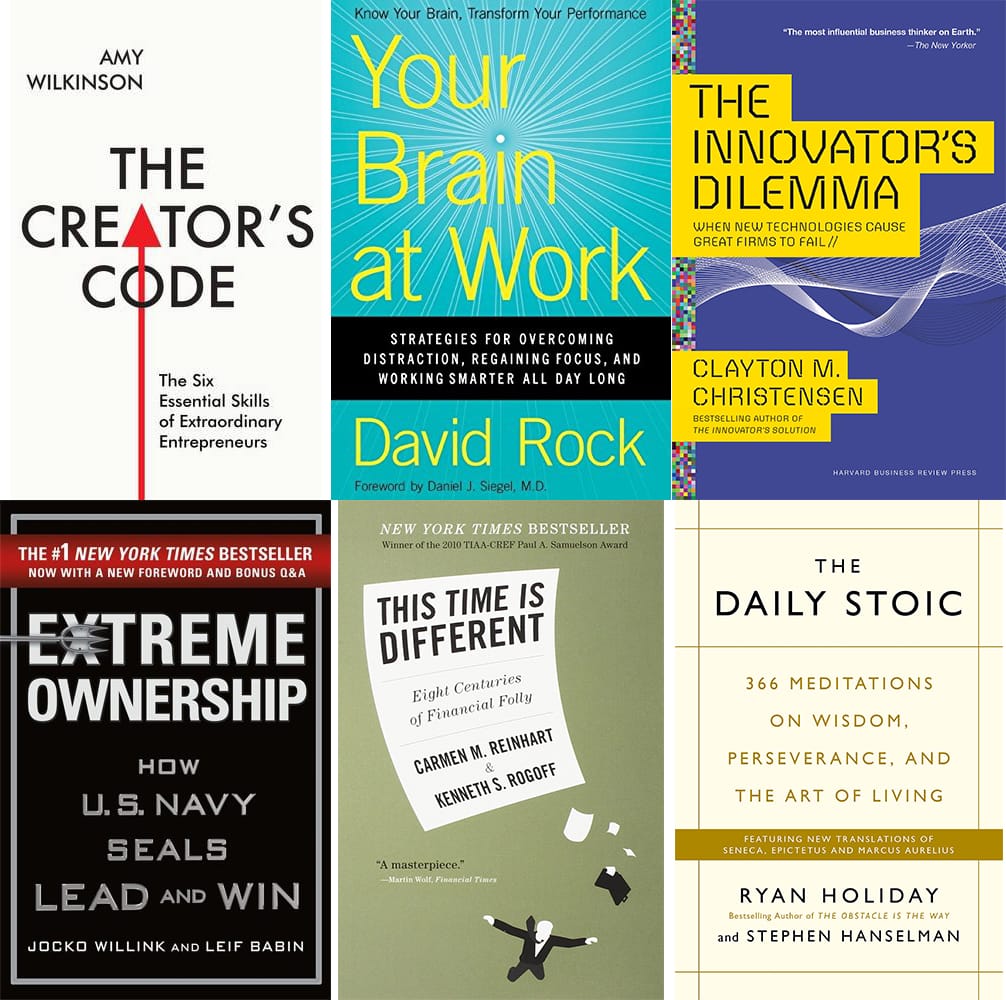
Did you already make the resolution to more read in 2019, but still have no idea what to read? Here my reading list of non-fiction books for 2019. Maybe it contains some interesting reads for you as well.
I usually chose pretty spontaneously what I wanted to read next. But especially for non-fiction books this feels difficult. There is so much literature and so many new books every year. By now I have at least ten different Amazon lists with at least twenty books on each one of them. However, selecting from these lists is difficult if you don't have an actual reason for reading on a specific topic.
This is why in 2019 I am trying to further narrow down the preselection. My method: to write down why I really want to read a book and what I expect from it.
Maybe my thoughts are helpful for you as well and if you have further tips on what to read and why: Let me know!
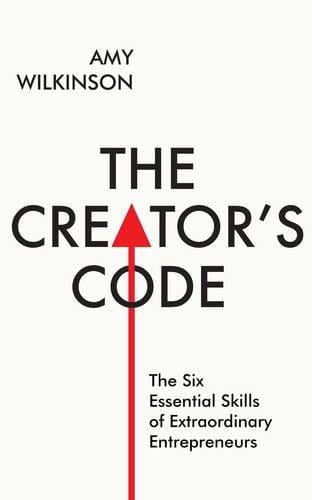
Book 1: The Creator's Code: The Six Essential Skills of Extraordinary Entrepreneurs
by Amy Wilkinson
Why I want to read this book
I became aware of the book through the podcast "On the way to new work" (episode #85). For the episode, Michael Trautmann met Amy Wilkinson in San Francisco and I was enormously impressed by the interview.
What is the book about?
It is about the supposedly six essential skills of entrepreneurs that Amy Wilkinson has distilled from more than 200 interviews with successful founders.
What are my expectations?
Which six skills are actually covered can quickly be researched without having to read the book. For instance, all of them are listed here. This is why I am more interested in which individual stories are hidden behind the essential skills. Most of all I am curious about the "fail and learn" stories. What personal mistakes did founders make, how did they deal with them and how did they learn from them?
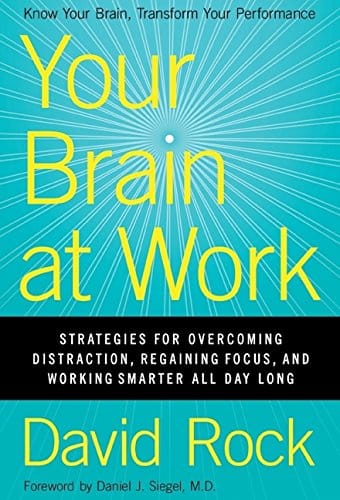
Book 2: Your Brain at Work: Strategies for Overcoming Distraction, Regaining Focus, and Working Smarter All Day Long
by David Rock
Why I want to read this book
I cannot remember how this book ended up on my Amazon list of "Learn, Work, Focus, Productivity". This is also my longest list of books, so it's always hard for me to choose from. Two criteria helped with the selection: First, the brain research aspect and second, the family context. As a trained neurobiologist, I am naturally interested in neuroscientific approaches. And as the husband of a wonderful, entrepreneurial woman (Pinspiration.de), a father of two and founder-CEO of a start-up, the topic "Family and Job Management" naturally falls on fertile ground with me.
In one sentence:
This book is about how your everyday "job-plus-family stress” affects your brain and how to stay mentally fit nevertheless.
What are my expectations?
I am curious about the neuroscientific explanations, but I don’t expect any significant "Aha!" effect from them. There are all sorts of "productivity and brain" studies and it is extremely difficult to separate the wheat from the chaff, even for people who are actively involved in neuroscience research. I see the neuroscientific part more as an opportunity to refresh my basic knowledge. Maybe I look up one or the other scientific study cited in the book.
Something I expect more from is the combination of the neuroscientific view with the family perspective. I always find it a pity when time-management and self-help books ignore the topic of family management. After all, it is precisely the simultaneous management of job, children, partnership and household that makes life stressful. Books that cover this aspect like Stephen R Covey's "The 7 Habits of Highly Effective People" (Advertising) have left a much bigger impression on me than those which don't. Life is not only about managing business, it is also always about managing a family or your social life.
"Your Brain at Work" is about a family, a couple with two children. Both partners work in challenging jobs, she has an executive position in a large company, he is self-employed. As already mentioned: My wife Nina is self-employed, I am an entrepreneur and we have two children. So I expect some parallels!
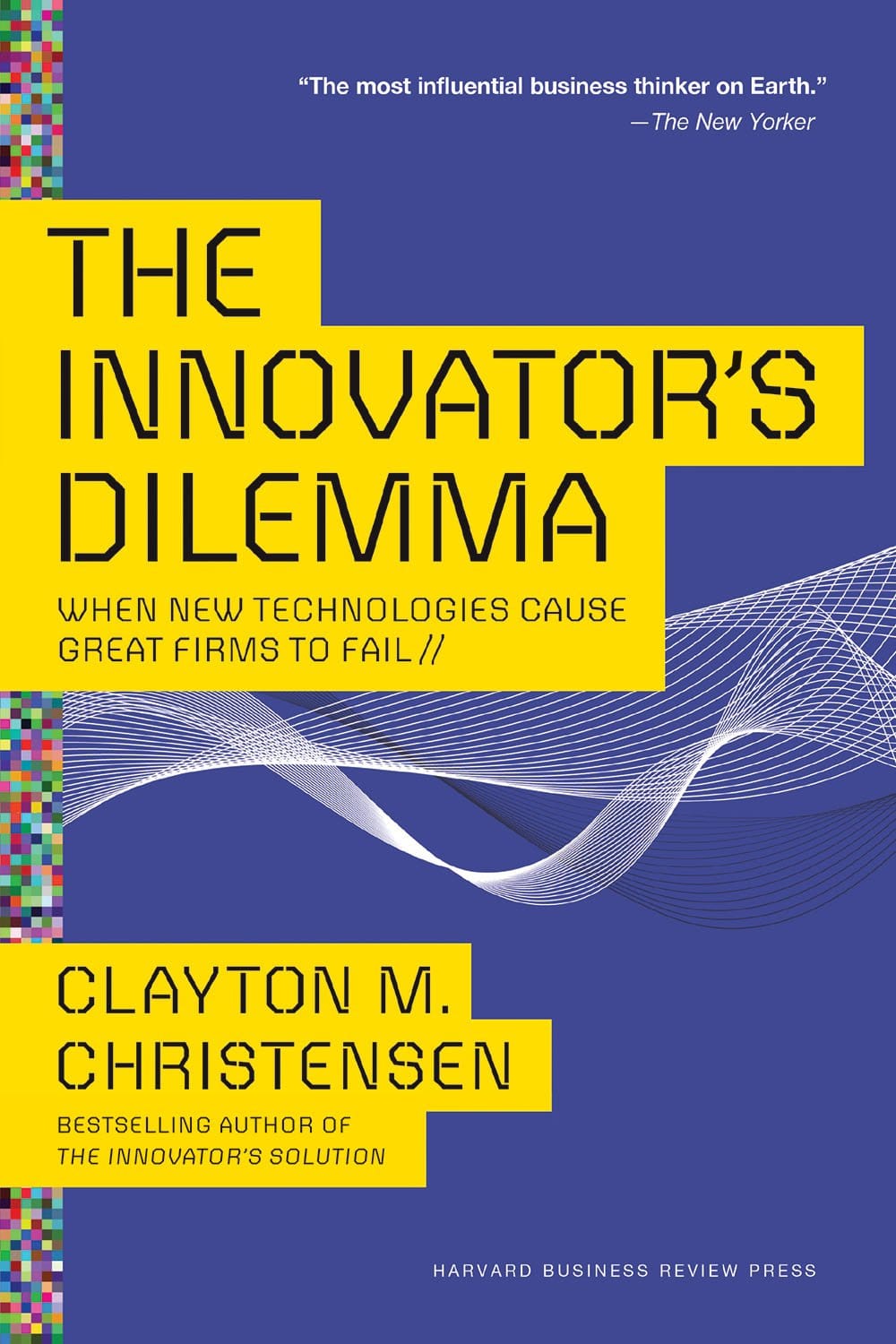
Book 3: The Innovator's Dilemma: When New Technologies Cause Great Firms to Fail
by Clayton M. Christensen (advertisement link)
Why I want to read this book
Simply put, it is a shame that I have not read this book yet. It is a classic, a Wall Street Journal and a Businessweek bestseller. The book is a must-read for entrepreneurs and business leaders. I have postponed reading it for a long time, but now it is due.
What is the book about?
It is about how disruptive technologies can kick established companies off the throne and what they can do to prevent that to happen.
What are my expectations?
At labfolder we are slowly entering the stage in which it becomes increasingly difficult to call ourselves a startup. For me, 2018 was marked by the feeling that everything was now becoming a little more stable, both externally and internally. We are already seen as the market leader in the DACH region. Many processes have been established and are being successfully optimized. But is it already becoming too stable? Of course, we always have think that we are working on groundbreaking innovations. But is that really the case? I expect some good thoughts from this book, which might lead to an answer to those questions.
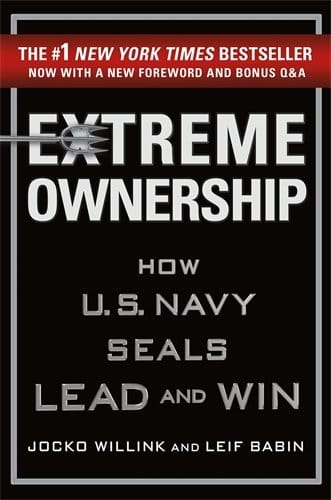
Book 4: Extreme Ownership: How U.S. Navy SEALs Lead and Win
by Jocko Willink and Leif Babin (advertisement link)
Why I want to read this book
My two top podcasts 2018 were definitely "On the way to new work" (see above) and "Jocko Podcast". If you like, the first one feels to me like a sophisticated broadcast of my favorite radio station. It’s somewhat intellectual. I am listening to inspiring innovators and entrepreneurs who talk about the future and the social challenges. However those entrepreneurs and innovators represent my home pond, I’m very familiar with the ideas, the environment and the views.
In contrast, Jocko Willink's podcast is a radio station that I had not programed into my preset. It is not a podcast that looks forward through the alternating pink or socio-critical tinted glasses of futurism. Ex-Navy SEAL Jocko Willink is not this inspiring tech-leader and entrepreneur like Steven Jobs. Rather he is a dark priest of discipline, hard work and constant fighting. His greatest talent: Reliably puts you on a combat drop, an express elevator to hell, out of the comfort zone. That’s why I am a big fan of his podcast. And although I am such a big fan, I have not read one of his books. So it is about time I put one on the reading list for 2019.
In one sentence:
The book explains the leadership techniques of the Navy SEALS using real operations in the Iraq war as an example, and illustrates how those principles can also be applied to companies - and in a broader sense to life in general.
What are my expectations?
In my opinion, the focus of the podcast is helpful on the personal lifestyle and self-discipline level. I expect the book to have a stronger focus on the business environment.
The podcast repeatedly mentions the decentralized leadership style that SEALs and probably many other special operations units follow. Also Jocko Willink compares this with the leadership style that smaller companies should have: Everyone on the team needs to be able to operate pretty independently, and as a result everyone has more leadership power, also “up the chain of command”. Needless to say, everyone must be prepared to take on more responsibility. I am very curious to find out whether and how the principles of special operations units can actually be compared with those of startups.
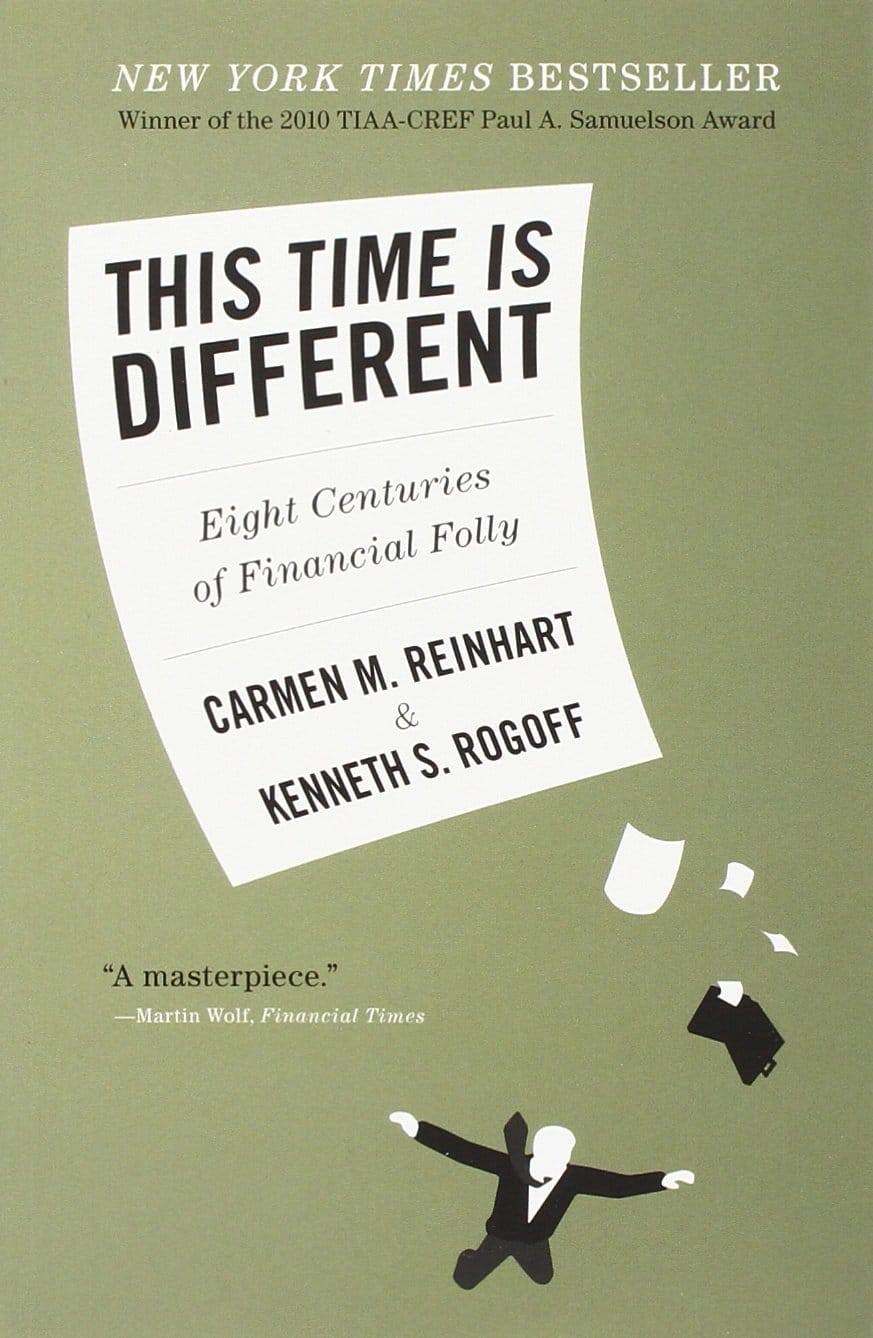
Book 5: This Time Is Different: Eight Centuries of Financial Folly
by Carmen M. Reinhart and Kenneth S. Rogoff (advertisement link)
Why I want to read this book
About 1998, I started trading stocks together with some schoolmates. To be honest, it was more like gambling. On Sunday evening we faxed around the hottest stock market letter ("Prior Börse") and ordered the recommended stocks. Each day we followed the stock market news during the school breaks in the room of our school priest. We were seventeen or eighteen-year-old boys, dreaming of becoming rich quickly. Then in 2001 the Internet bubble burst and everyone thought: Now the world is coming to an end. Of course the world did not end.
In September 2008 I was sailing with friends in the Mediterranean Sea. Great vacations, a cheerful atmosphere, lots of sun, we were having a good time. Until a friend of mine got a call from his boss at Deutsche Bank: "Lehman Brothers filed for insolvency." The good mood darkened. Somehow everyone knew that things were getting serious again. Serious for the upcoming job search, serious for the job some of us had just started. But of course the world did not end this time either.
If you will, we are currently in a bull market that now lasts for at least 7 years. At some point there will be another crisis. "That's as certain to happen as the Amen in the church", as our school priest used to say in the late nineties.
What could be better than to prepare for it with a book that examines the financial crises of the last 800 years in 66 countries?
What is the book about?
In their book, the authors present a historical account of how any crisis is said to bring about the end of the world and why the world does not end after all.
What are my expectations?
On the one hand, I hope to gain an empirical perspective in addition to my pretty stoic attitude towards the financial world. Which concrete examples can best illustrate that everything repeats itself? Then I am also interested from an opportunistic point of view: Are the insights of Reinhart and Rogoff pointing to any historically recurring signs heralding an emerging crisis? Is there really a rhythm? Is there anything substantial about the biblical 7 good and 7 bad years?
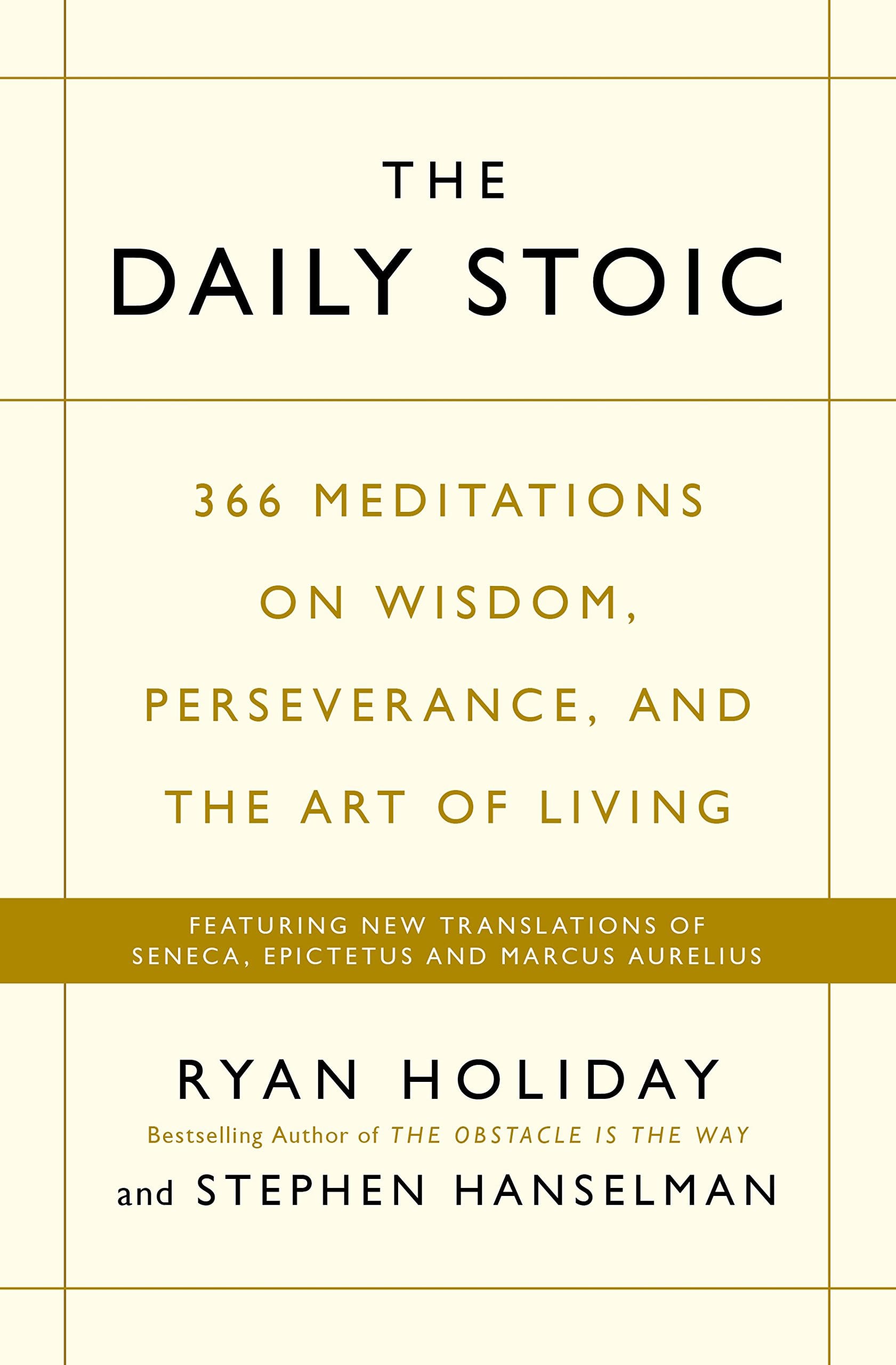
Book 6: The Daily Stoic: 366 Meditations on Wisdom, Perseverance, and the Art of Living
by Ryan Holiday and Stephen Hanselman
Why I want to read this book
I have read Marcus Aurelius’ "Meditations" (advertisement) at least four or five times and I enjoy reading biographies of antique personalities a lot. And the more you deal with antiquity, the more you find parallels to today, in politics, society or economy. After all, the old Greeks and Romans created a dominant culture that lasted for 1400 years that had an enormous influence on modern times from the Renaissance onwards.
I also read here and there about stoicism, pick up a few quotes, but I have not read any primary literature apart from the "Meditations". In brief: I am quite blank on ancient philosophy. Hence this book for 2019.
In one sentence:
For each calendar day, a different quote from various ancient stoics is presented and commented on.
What are my expectations?
It will definitely be a challenge to really read a quote and the relevant commentary every day. In any case I expect many wisdoms which can be applied to the challenges we face today. I also hope to get to know more about some other philosophers besides Marcus Aurelius. Maybe some primary literature then makes it on my reading list for 2020!
Any book that would fit in with the other books on the list? I am always grateful for tips!
